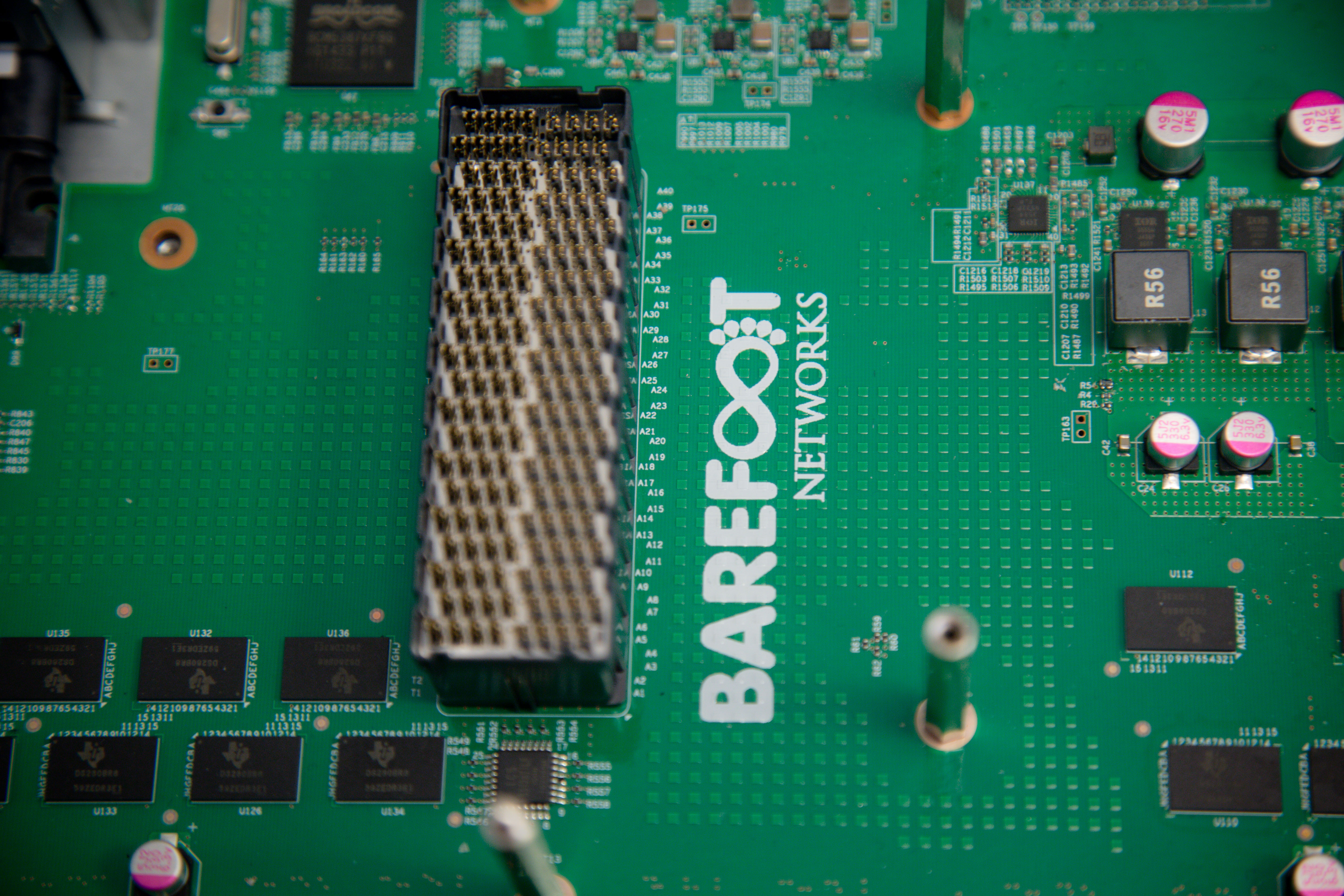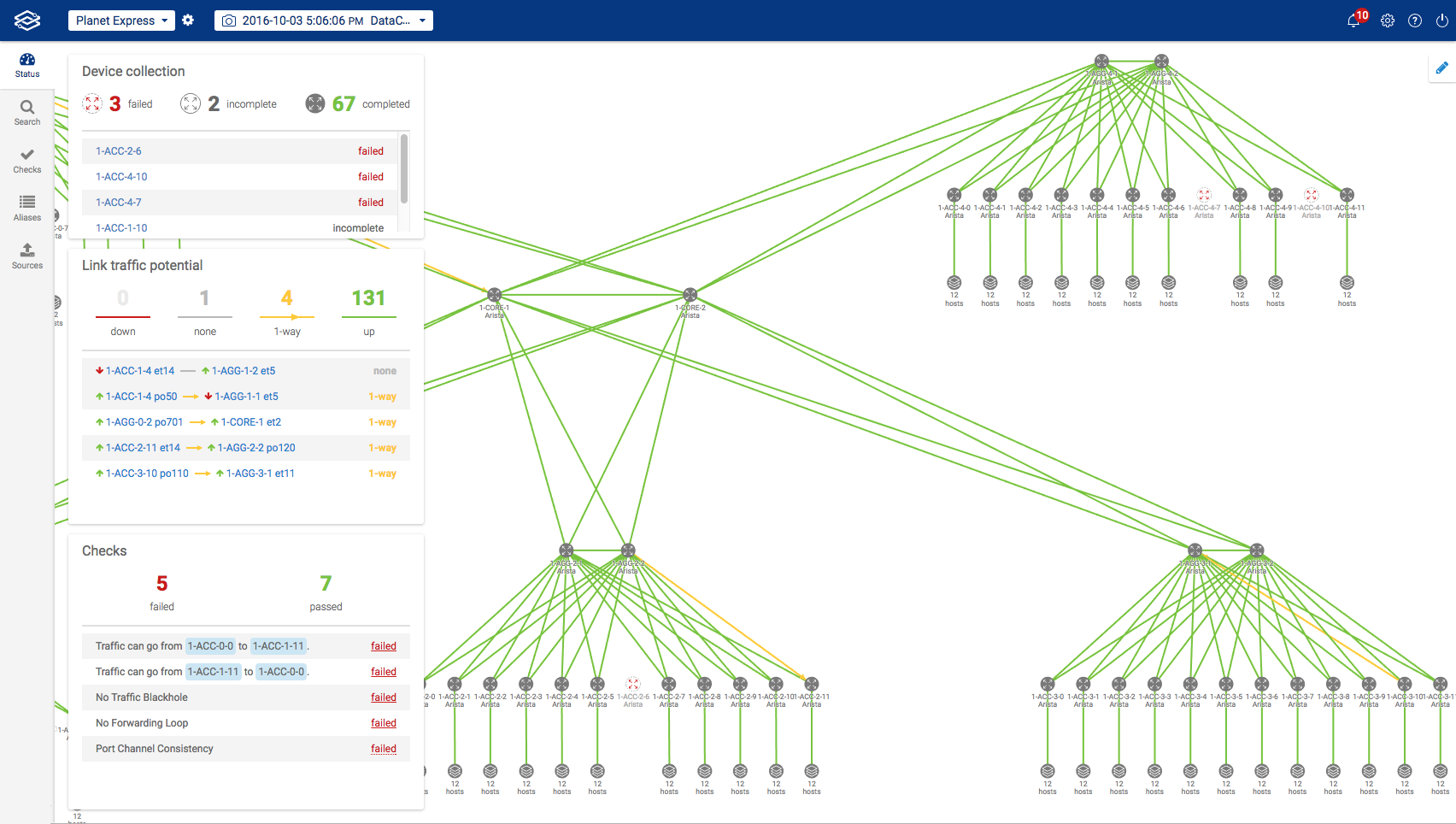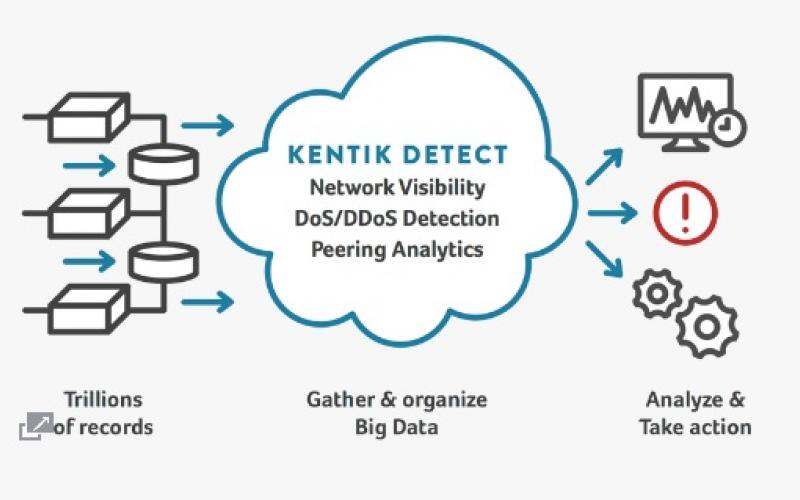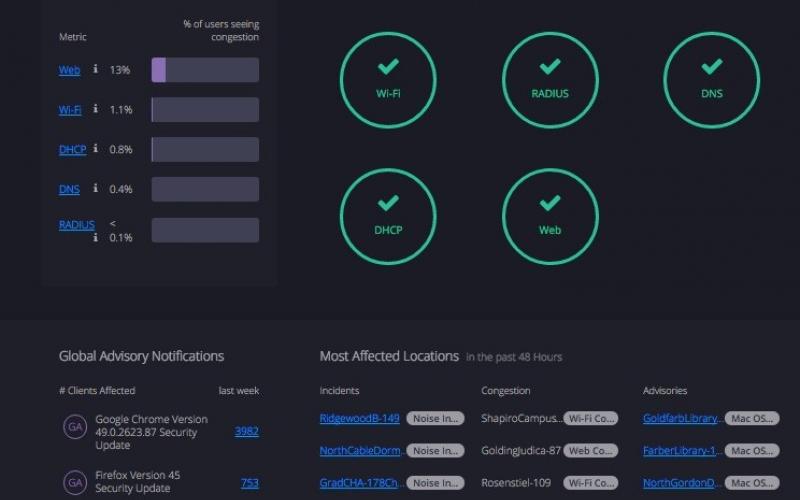There was a time in the early part of this decade when startups were popping up right and left, all eager to jump on the software-defined networking bandwagon. As the hype around SDN has faded, some SDN startups like Embrane have been acquired, while others have transitioned away from the SDN moniker, such as Plexxi, which now calls itself a "pioneer in converged network infrastructure for public and private cloud deployments." Late last year, PLUMgrid simply closed its doors, reportedly selling off its assets to VMware.
Today, there are still plenty of networking startups, but they're no longer focused on SDN, although many incorporate SDN concepts and software still is the name of the game. Instead, they're focused on cloud networking, network automation, or network verification. Some promise to do something their founders argue SDN so far has failed to do: Overcome the complex nature of networking and make it more agile.
Still other new startups are focused on providing new techniques for network monitoring and analytics, an area they say traditional monitoring tools fall far short of meeting today's enterprise and service provider needs.
Many of these startups boast executive management with impressive track records in the networking industry, ramping up their credibility.
Of course, time will tell which of these shiny new networking companies will succeed. Competing with heavyweights like Cisco in the networking industry is no small feat, after all. With the landscape constantly shifting, it's hard to predict which startups will stick around. One network analytics startup – Deepfield -- was snapped up by Nokia in December.
With so much startup activity, 2017 promises to be another interesting year in networking. Check out these 10 networking startups worth keeping an eye on in the year ahead.
(Image: Natali_Mis/Shutterstock)


















